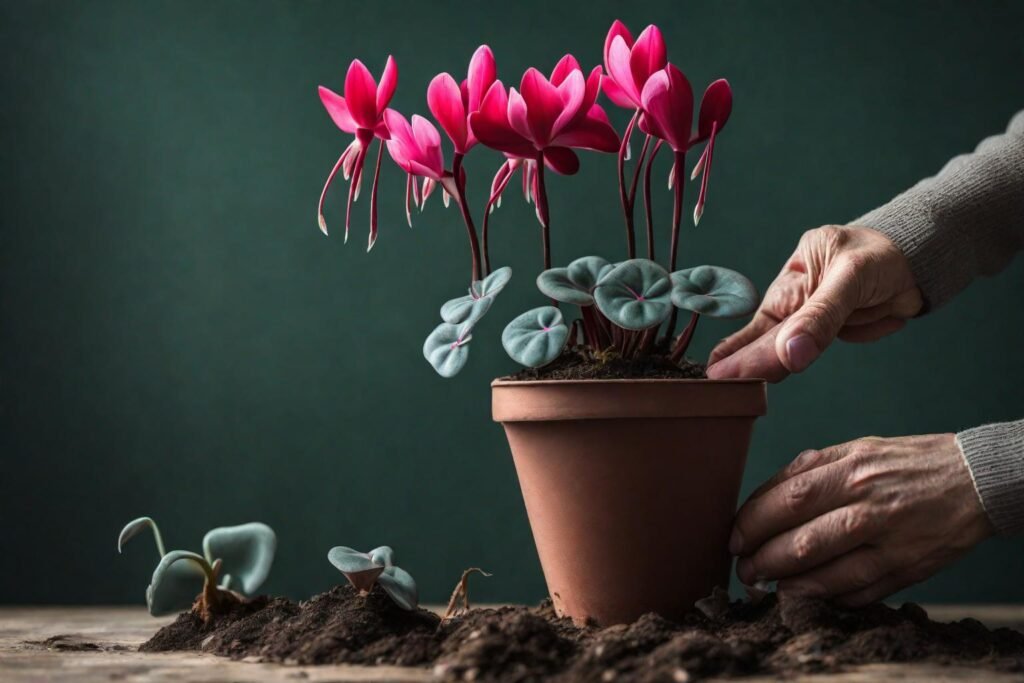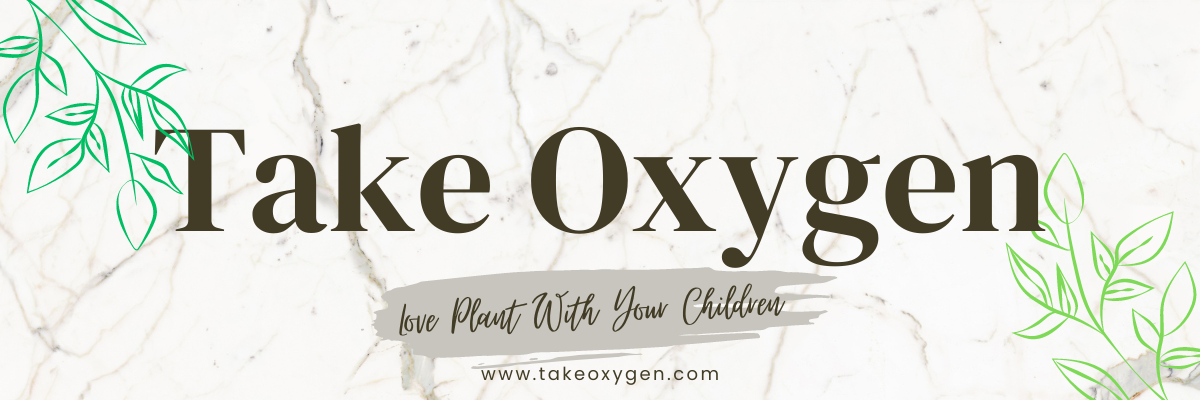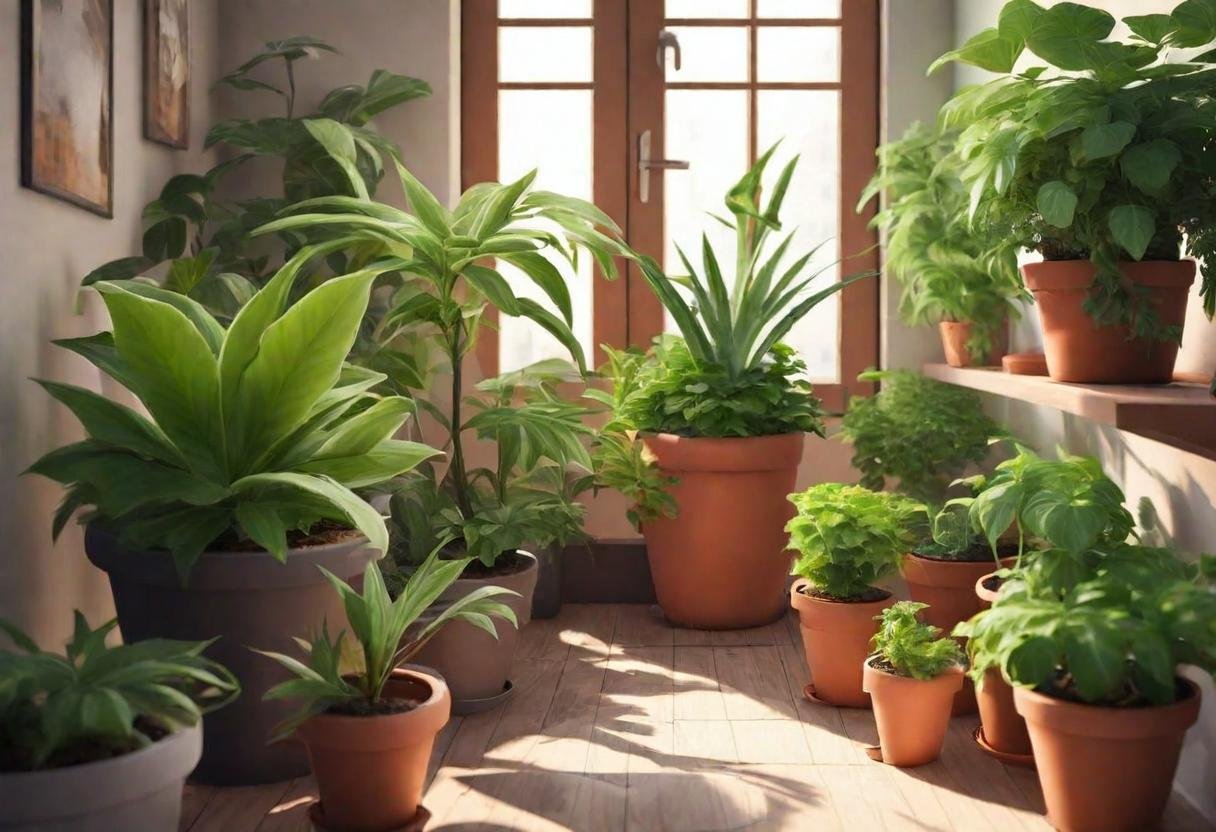In recent years, the popularity of indoor plants has skyrocketed, transforming them from mere decorative items into essential components of a healthy and harmonious living environment. The benefits of having indoor plants extend far beyond their aesthetic appeal, impacting our physical health, mental well-being, and even our productivity. In this article, we will explore the numerous advantages of incorporating indoor plants into our homes and workplaces, highlighting why they are a must-have for anyone seeking to improve their quality of life.

Health Benefits of Indoor Plants
Moreover, indoor plants can play a vital role in reducing stress and anxiety levels. Numerous studies have shown that being around plants can lower blood pressure, decrease heart rate, and reduce cortisol levels, the hormone associated with stress. Certain plants, such as lavender and jasmine, are known for their calming properties and can enhance relaxation and tranquillity. Incorporating these plants into your living space can create a serene environment, perfect for unwinding after a long day.
Aesthetic and Design Benefits

Environmental and Sustainability Benefits






